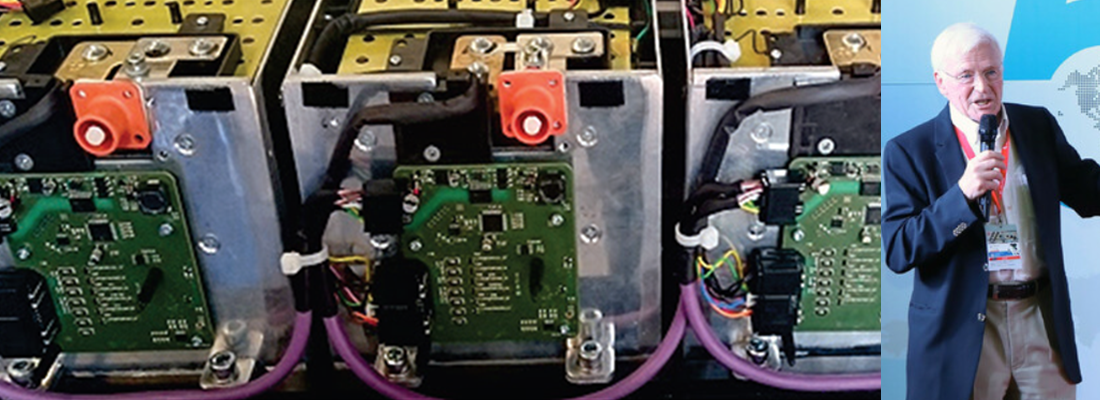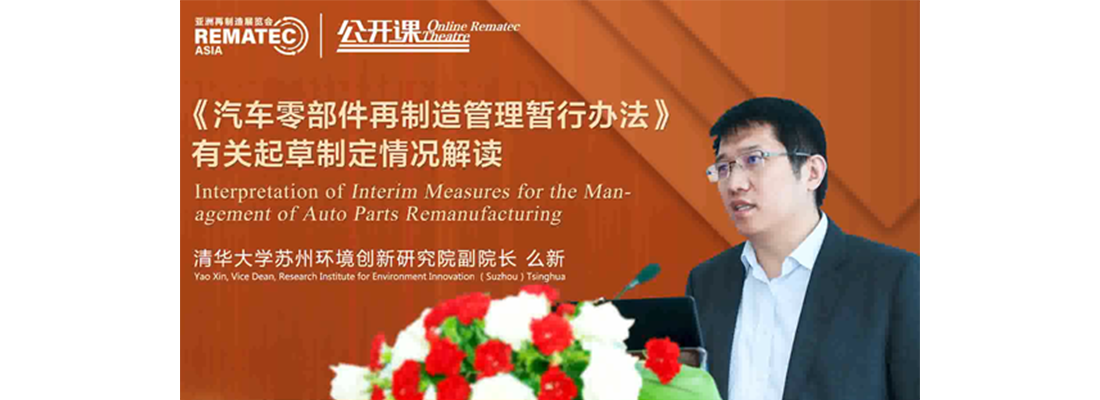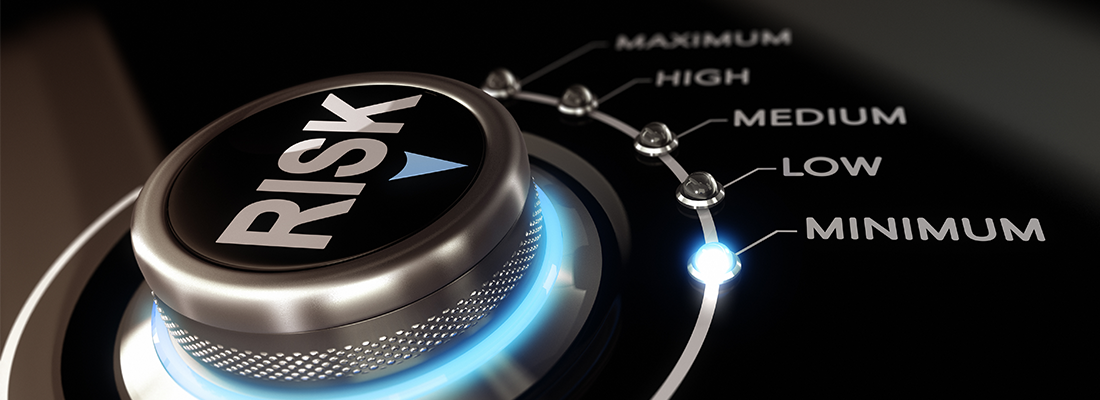ICVs’ ban in 2035, review of the rules not before 2026
Italy, Austria, Bulgaria, Czechia, Poland, Romania, Slovakia, and Poland are the seven EU member states that have recently presented a joint proposal for a planned review of CO2 emissions standards to be brought forward ahead of a compliance deadline at the end of 2025. The automotive sector is at a pivotal point, grappling with major challenges in production, employment, and international competition, which demand prompt and unified action across the EU. A thorough review of the CO2 emissions standards for new passenger cars and light commercial vehicles is essential to safeguard the competitiveness of Europe’s automotive industry and to avoid the relocation of investments in green technology research and development.
The seven governments have also called for a reassessment of the potential fines’ automakers may face if they fail to meet stricter emissions standards set to take effect next year. They cautioned that such fines could “severely limit the industry’s capacity to reinvest in innovation and development,” thereby undermining Europe’s competitiveness. The European Automobile Manufacturers’ Association (ACEA) has raised concerns about potentially devastating multi-billion-euro fines, stemming from a decline in electric vehicle sales. This drop means the average emissions of annual car sales are likely to exceed the legal limit, which is set to decrease from 115.1 grams per kilometre to 93.6 grams per kilometre next year.
The European Commission has so far resisted the proposal, arguing that automakers have had years to prepare for the stricter emissions limits and still have time to achieve compliance. Notably absent among the supporters of the joint proposal are the EU’s three largest car-producing nations: Germany, France, and Spain. The electricity sector has criticized automakers, claiming they created their current predicament by focusing on selling larger, expensive electric vehicles priced around €40,000, while simultaneously encouraging consumers to opt for cheaper hybrid and internal combustion engine (ICE) models. The joint proposal advocates for “technological neutrality” in EU regulations, which would permit the continued sale of ICE vehicles, provided they are designed to run on low-carbon synthetic fuels. The ACEA has called on EU member states to reduce “compliance costs” as the end-2025 deadline approaches.
“Manufacturers are shouldering the full weight of a transformation hampered by factors outside their control, such as inadequate charging infrastructure and insufficient purchase incentives,” said ACEA director general Sigrid de Vries. However, many e-mobility experts remain doubtful about the practicality of alternative fuels. They argue that these fuels will cost three times more than current petrol, divert critical resources away from decarbonizing aviation and shipping, and jeopardize Europe’s battery and EV production, along with its leadership in clean technology. Critics also warn that oil industry lobbyists are using the debate to extend the life of their business model.
Not before 2026
The deadline for revising European Union rules to ban traditional petrol and diesel engines in 2035 will not be moved forward. Brussels has announced that the extensive regulations concerning this ban, originally slated for implementation sooner, will be revisited and potentially revised in 2026, not before. The repeated requests from the seven member states were not enough, in fact, to push the European Commission to change the decisions previously made regarding the roadmap toward electrifying the vehicle fleet of Europe. While the EU remains committed to transitioning towards lasting transportation, “we will review the regulation on stopping traditional engines in 2026,” Executive EU Vice President Minzatu said. This reassessment reflects a nuanced approach to achieving a greener future, recognizing the complex challenges and considerations involved. The initial target dates and details of the proposed engine ban sparked considerable debate among automotive manufacturers, policymakers, and consumers alike. This upcoming review in 2026 will provide a chance to evaluate progress, consider advancements in electric vehicle technology, and address any unforeseen consequences. In practice, according to the European executive, adhering to the timelines would create certainty for manufacturers, suppliers, and investors, while also ensuring 'a sufficient timeframe to guarantee a fair transition.' However, this position is notoriously contested by the automakers themselves. The plan developed for this purpose makes the market in this sector practically prohibitive, forcing them to achieve the impossible to avoid hefty fines starting as early as 2025. During her speech, Minzatu addressed the issue of e-fuels: 'The Commission will work to ensure that e-fuels play a role in reducing CO2 emissions.' This signals a possible concession to the demands of the German government and industry, which could align with the moment of review. Not even a mention of bio-fuels, which, although they could play a significant role as a sustainable alternative during the transition to eco-friendly mobility, do not seem to attract interest within the EU.





